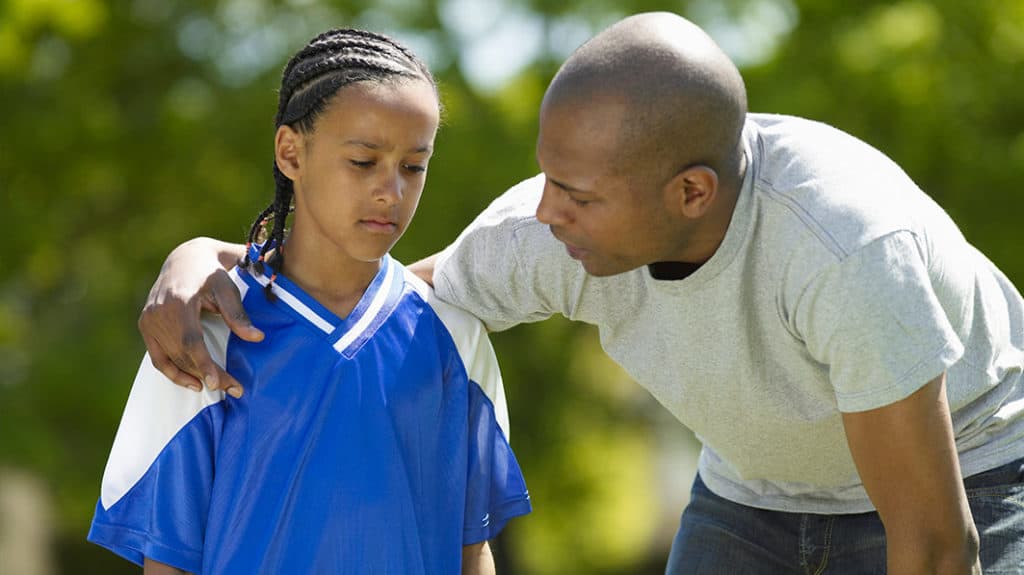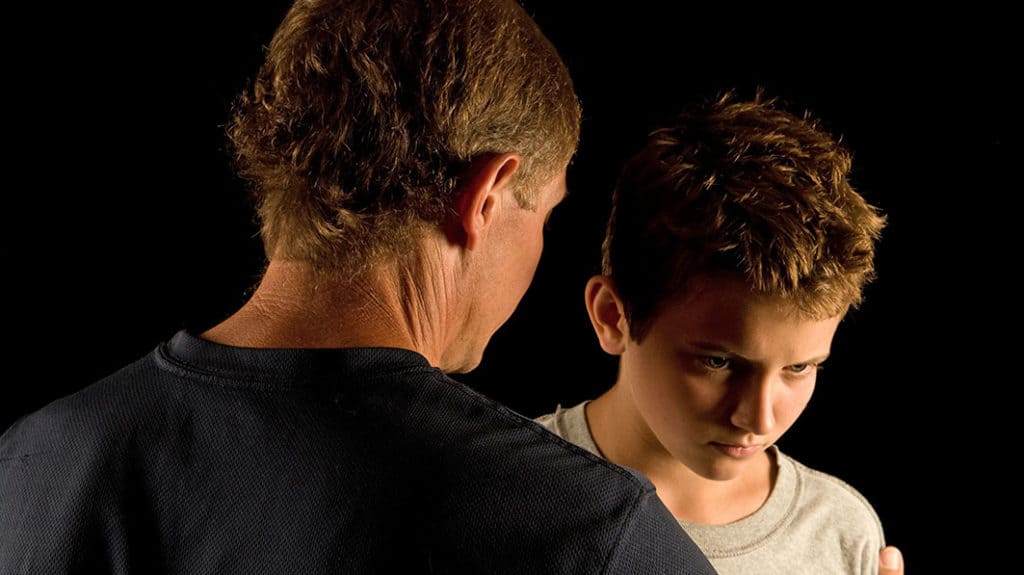Sports have so much to teach us about what it means to live well. Yes, good character can be taught in Sunday school, but it is “practiced” on the court, diamond, gridiron and track. Virtues such as tenacity, perseverance, fairness, integrity and responsibility can be developed and strengthened as surely as the muscles and skills …
Ages 9-12 (Preteen/Tween)
Here are 5 things that make it hard for parents to give up trying to control their teens.
Telling the story should not be a one-time event but an ongoing process as the child grows.
What really is beauty? Depending on who (or more specifically where) you ask, you’ll get a different answer. Train your kids to look in the right places for beauty.
Before she was a teenager, Chelsea* had a cell phone. She also had her own bedroom complete with a TV and a computer with Internet access. As she continued growing up into a young teen, she made regular salon visits and had an artificial tan that made her look much older than she was. By …
Even teens and tweens learn more by example than by teaching. Modeling proper virtues for your children is important.
We can engage our teens by caring about what matters to them.
Keys for offering the healing experience of meeting your adopted child’s needs, if they’ve been abused.
Why children who have been adopted need to know their story — and how to tell it
A Wireless New World My husband is a college student. Since he’s about a decade older than the average freshman, he has an interesting combination of insider and outsider perspectives on campus life. One phenomenon he finds fascinating is walking from one class to another and watching groups of people walking and talking. But not …
Understanding the reasons for your child’s behavior and responses is important, but the truth is that some adoptive parents may never know the full extent of their child’s underlying problems for a number of reasons.
Recognizing your teen’s seasons of life and how to support them
Children who are adopted when they’re older or who have more complicated histories are not likely to respond well to some traditional discipline methods.
Bewildered by instant messaging, iPods, online social networking, and other technology your teen is using? This article series aims to help you better understand how you as a parent can relate to your kids technologically, while giving good guidance spiritually.
Help your tween grow into a thoughtful young adult by prioritizing your relationship rather than simply listing rules.
When you discipline your adopted child, you need to consider her chronological age as well as her emotional age.
Help your son make sense of the confusion puberty can cause.
the power of today’s media and entertainment to negatively sway human behavior should be a cause of concern.
Parents can learn how to best discipline their children by taking note of how the Bible says God disciplines us.
Set a goal of reserving 10 percent of your energy for your teen.




























